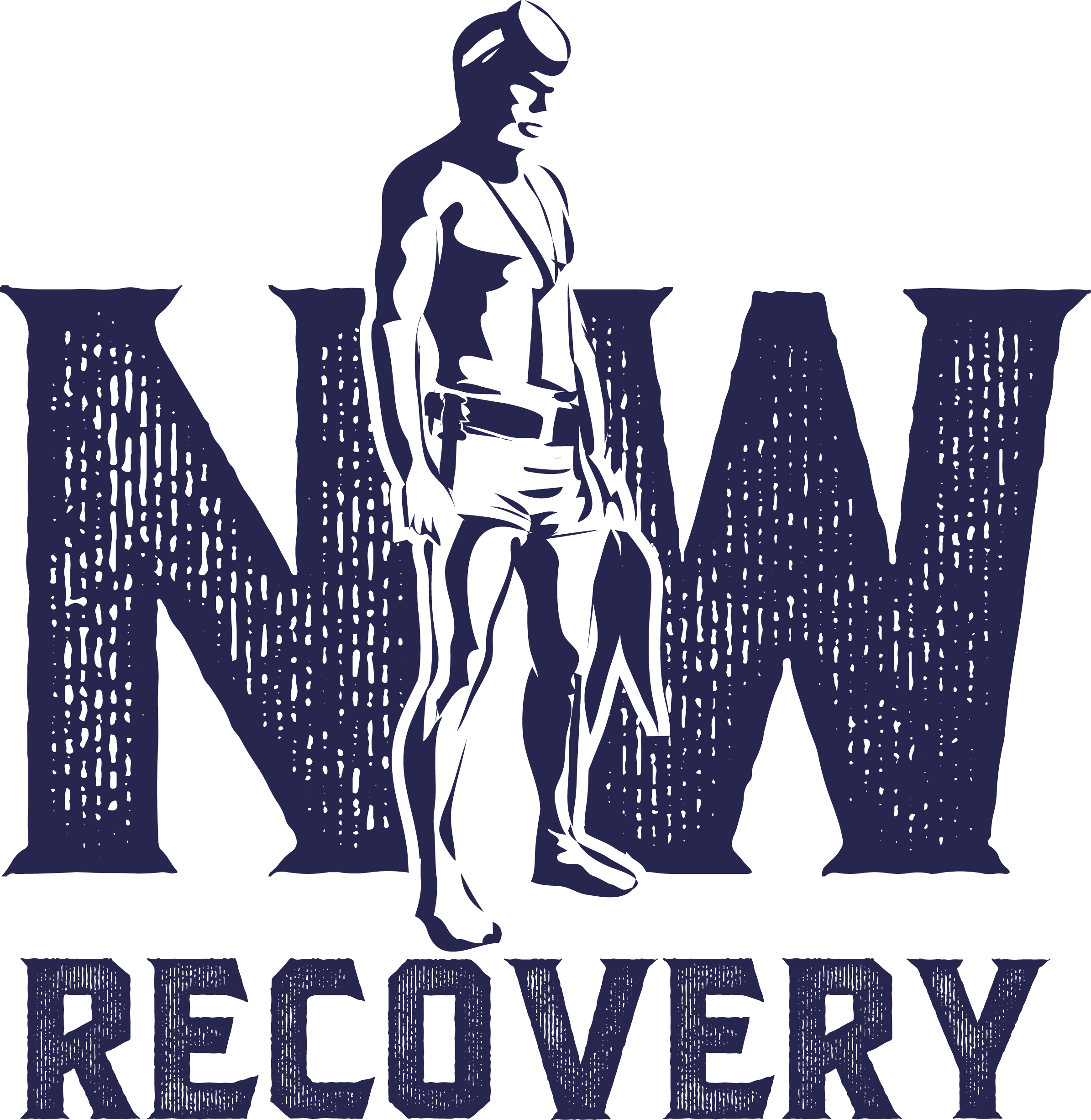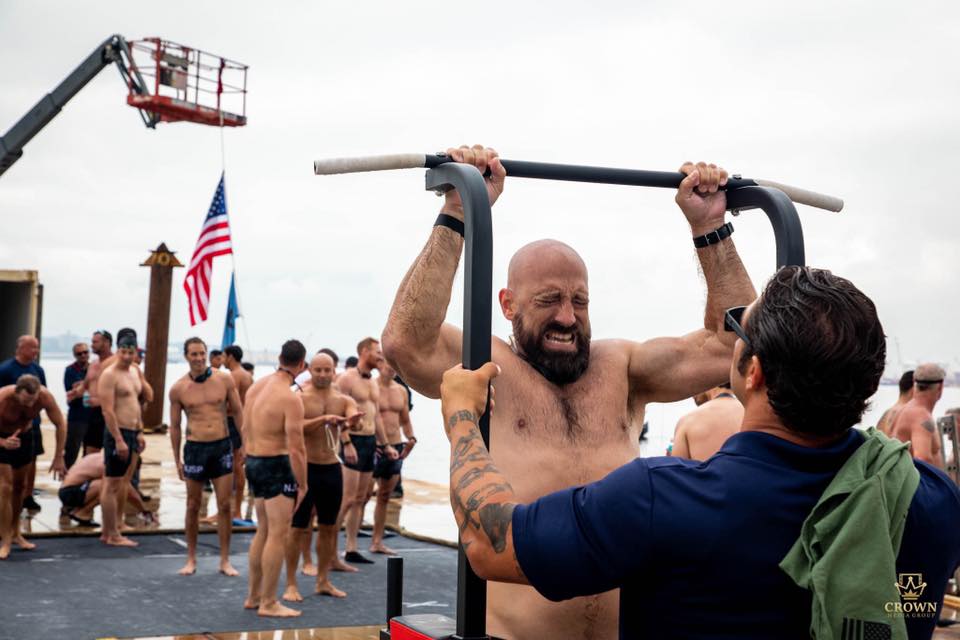As a Navy SEAL, I can attest to the fact that “embracing the suck” is a core philosophy that is ingrained in every SEAL candidate from the moment they begin their training. It’s a mentality that is vital for success, not just in the military but in all aspects of our lives while in the service and after. Embracing the suck means accepting and even enjoying the difficulties and challenges that come with any situation and using them as an opportunity to grow and improve. I share my personal experiences with how I’ve embraced the suck, as well as some insights into how this mindset can benefit anyone who chooses to adopt it as part of my 5 SEAL Secrets (there’s a link below to download it for free).
It’s important to understand the origins of the term “embrace the suck.” It’s a phrase that has been used in the SEAL teams for many years and in the whole special operations forces community. I first learned it when I entered my first phase of the SEAL BUD/s training program and the lessons continued through second phase, third phase, and well into my career as a SEAL leader. Looking back, the physical screening test to qualify for BUD/s was the easiest part of my career!
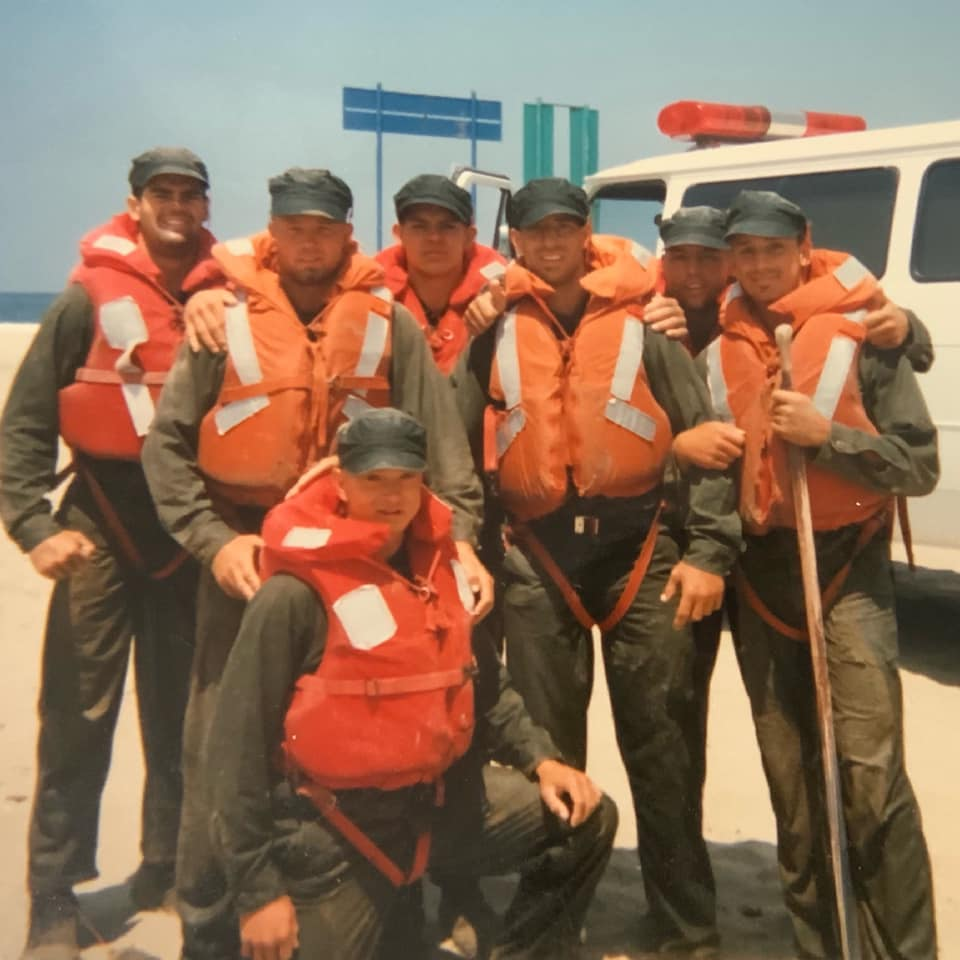
William Branum US Navy SEAL BUDs
“Embrace the suck” refers to the idea that when things get tough, the tough never quit – they embrace the difficulty and push through it. In BUD/s, on the grinder at the Naval Special Warfare Center, and throughout our SEAL qualification training, we learn the price of complaining when “the suck” becomes much harder. The instructors correct anyone who complains quickly by increasing the level, difficulty, and consequences of “the suck.” When a candidate starts falling back or showing weakness, physical training becomes increasingly difficult. By the fourth week of training, we enter Hell Week, where we endure the most grueling conditions of our initial training.
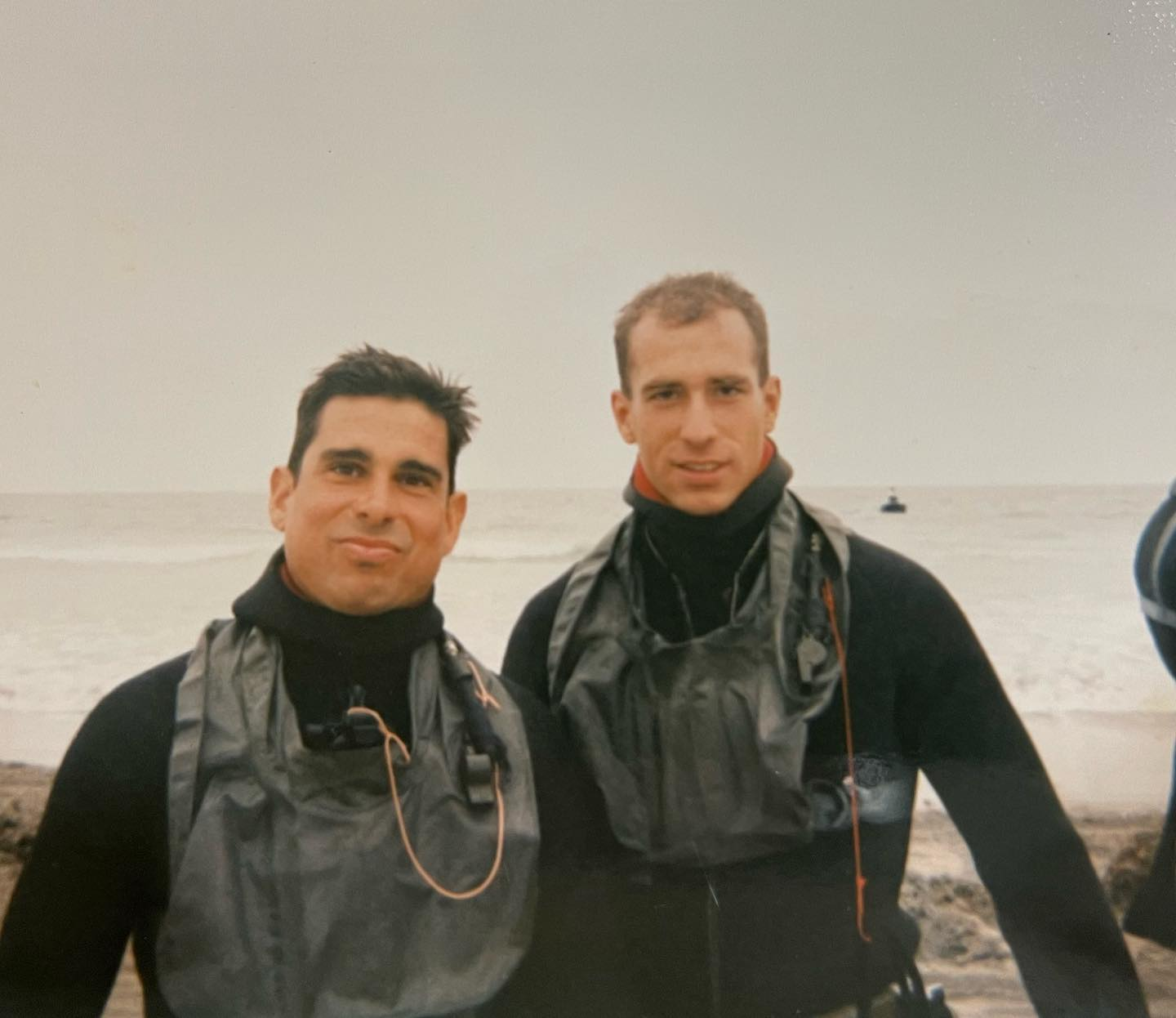
William Branum US Navy SEAL Second Phase
In SEAL training, “the suck” refers to the grueling physical and mental challenges that candidates must endure to become SEALs. These challenges include long, punishing swims in frigid water, sleep deprivation, and hours of physical exertion in extreme heat or cold. We are set up to fail every day and in every evolution. I can attest to the fact that it was an essential part of my process. The instructors were experts at pushing us beyond our limits and making us face our fears, both physical and mental. But as challenging as it was, it taught us the value of perseverance, mental toughness, leadership skills, and teamwork. We learned to embrace failure and use it as a stepping stone to success.
I quickly learned the importance of embracing the suck in the early days of training. Not everyone is good at swimming or running, and in BUD/s, you learn if you’re a better swimmer or a better runner. When I found myself struggling to keep up with my teammates, I took that pressure and turned it into power. The long, grueling days left me exhausted and sore, and like everyone in BUD/s at one point or another, I wondered if I had what it took to make it through.
It was during these moments that I began to embrace the challenges and see them as opportunities, or else I’d fail and return to the fleet. For me, that wasn’t an option. One of the most important things I learned during SEAL training was that embracing the suck isn’t just about physical toughness – it’s also about mental resilience. When you’re exhausted, cold, chaffed raw, in pain, and miserable, it’s easy to let negative thoughts creep in and start to bring you down. But if you can learn to control your thoughts and maintain a productive attitude, you can push through even the toughest situations.
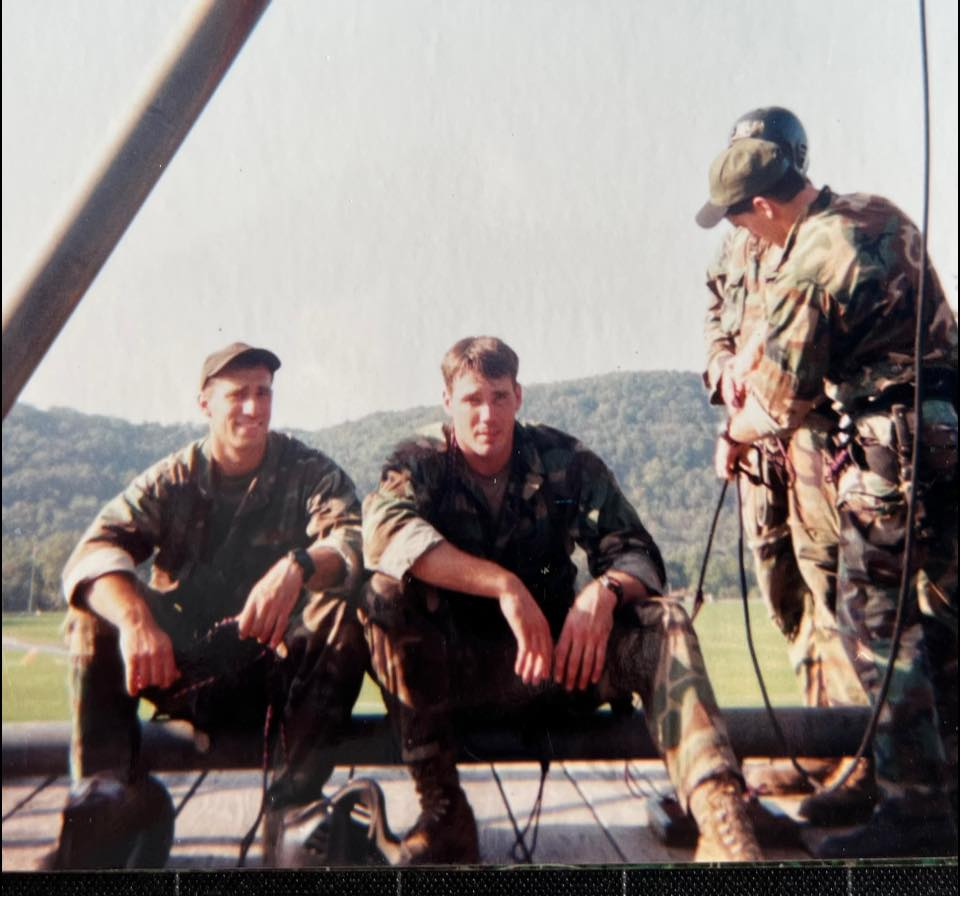
William Branum US Navy SEAL Third Phase
Instead of dreading the next evolution or feeling sorry for myself, I started to shift my mindset and look at the challenges as a way to perform better. Our minds have a way of complicating the things we face and creates this overwhelming blockade that we have to tear down, or else we never get anywhere. I started to focus on the most basic actions that required me to forge ahead and eliminate all the shit in my mind that didn’t serve me in the moment. I figured out how to use the pain of all that sucked to motivate me and power my way through and focus on how to win, one evolution at a time. I made the decision not to quit because it wasn’t an option. Ever.
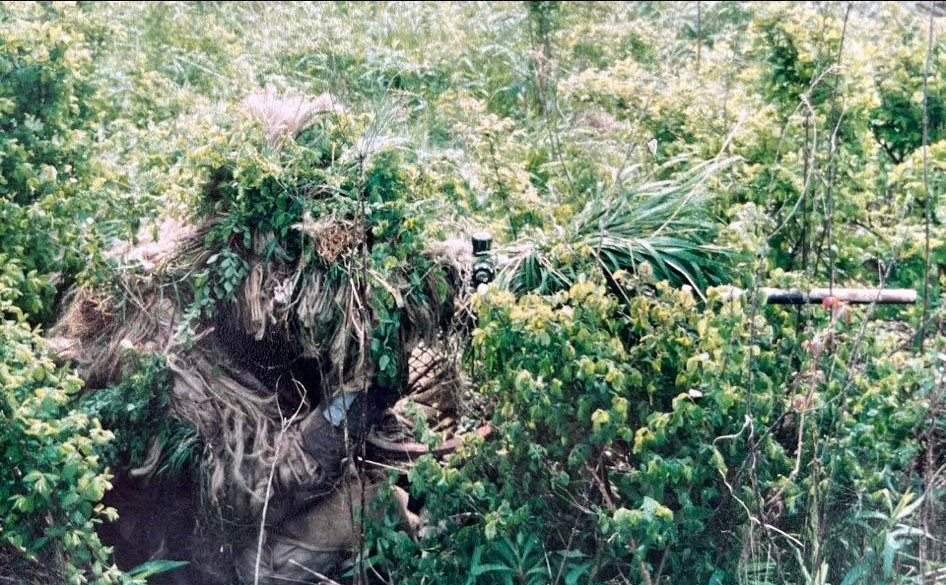
William Branum US Navy SEAL Sniper
I remember one particular evolution during training where we were required to carry the heaviest log in BUD/s named Old Misery. It was grueling, and as we were covered in sand from head to toe, we struggled through the evolution. I chose to focus on the moment and the teamwork that we built. My determination to not fail contributed to us managing through the suck. I pushed through the pain and exhaustion with the rest of the men under that log.
Another important aspect of embracing the suck is recognizing that it’s not just about the individual – it’s about the team. In SEAL training, we were constantly reminded that we were only as strong as our weakest link. If one teammate struggled, we all struggled. If you struggled, you were the cause of everyone else’s struggle. We all had to help each other through it because, in BUD/s, you cannot pass the training on your own merit – no man is an island in BUD/s or on the Teams. It doesn’t matter if you graduated from the Naval Academy or Officer Candidate School. Both enlisted personnel and officers experience the same challenges before graduating and becoming a US Navy SEAL.
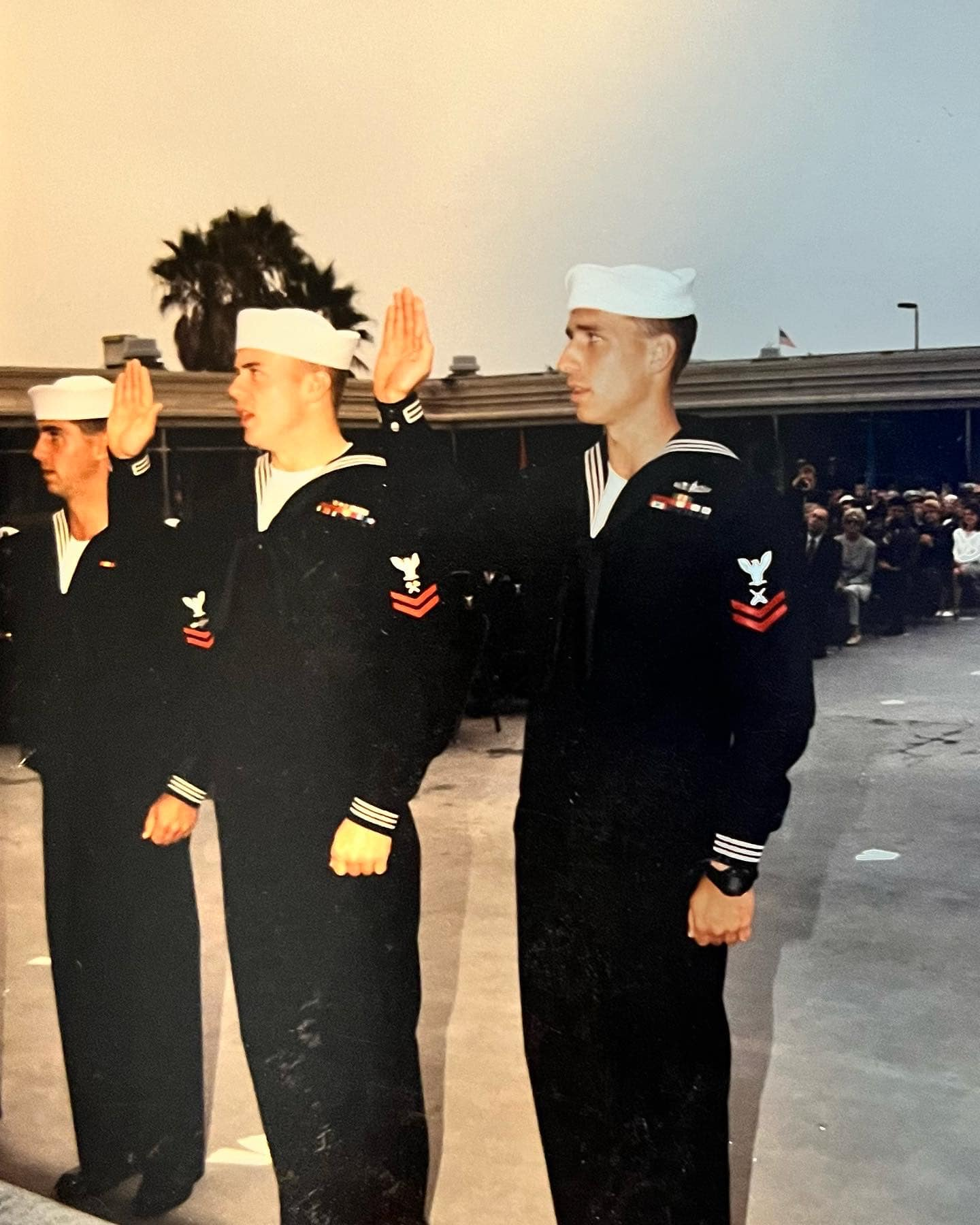
William Branum US Navy SEAL BUDs Graduation
This mentality not only helped us build our strong bonds of trust and camaraderie, but it also made us more effective as a small unit tactics a team. The Navy SEAL Brotherhood exists because we face the same challenges, and our collective ability to work together and build the most unbreakable relationships are forged not only by embracing the suck together but achieving results together. We are able to push through even the toughest challenges and come out stronger on the other side. The voluntary drop rate is high for a reason (it’s an equitable training environment) because you need to be more than physically qualified to become a SEAL. Eligible applicants also have to demonstrate the mental toughness to sustain their abilities and achieve mission success in the environment we endure.
So how can you apply the Navy SEAL philosophy of embracing the suck to your own life? Whether you’re facing a difficult work project, a challenging workout, or a personal crisis, the key is approaching it with the attitude and willingness to embrace the difficulty. Instead of focusing on the pain and discomfort, see the challenge as an opportunity to learn and grow. If you’re working with a team, make sure you’re supporting each other and working together to overcome the challenge. The toughest challenges often lead to the greatest rewards. By embracing the suck, you’ll not only become a stronger, more resilient person, but you’ll also be able to achieve things you never thought possible.
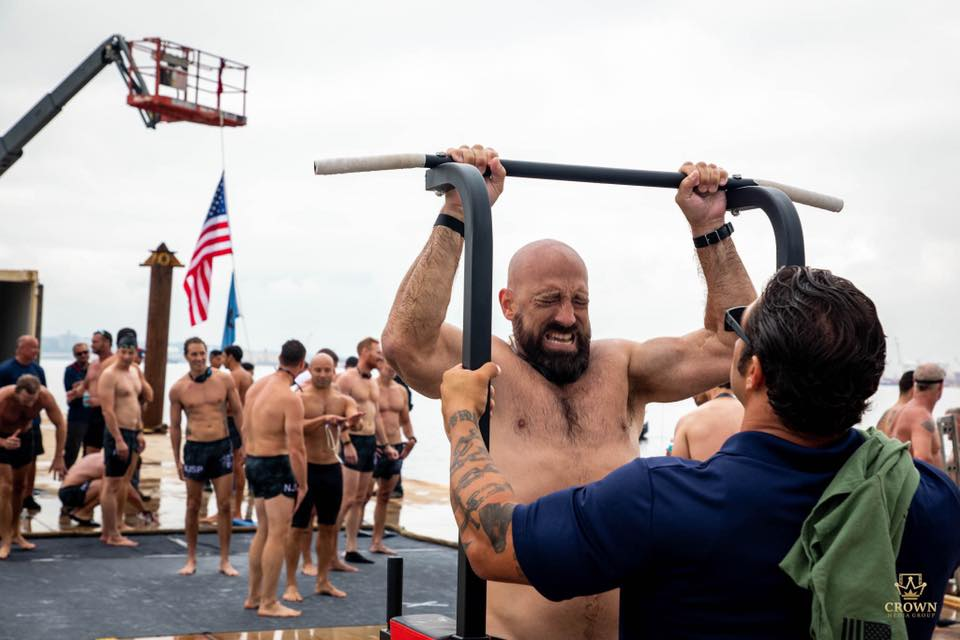
William Branum US Navy SEAL New York
It was only by facing our weaknesses and overcoming them that we became SEALs. Throughout our careers, we used the same principles in tactical training as we learned in our basic SEAL training to become better and more effective at what we do. The lessons I learned serving in Naval Special Warfare have stayed with me throughout my career and personal life. I believe that the mindset of pushing oneself to the limit and never giving up is a valuable lesson for anyone, regardless of their profession.
If you’d like to learn my 5 SEAL Secrets, click this link
